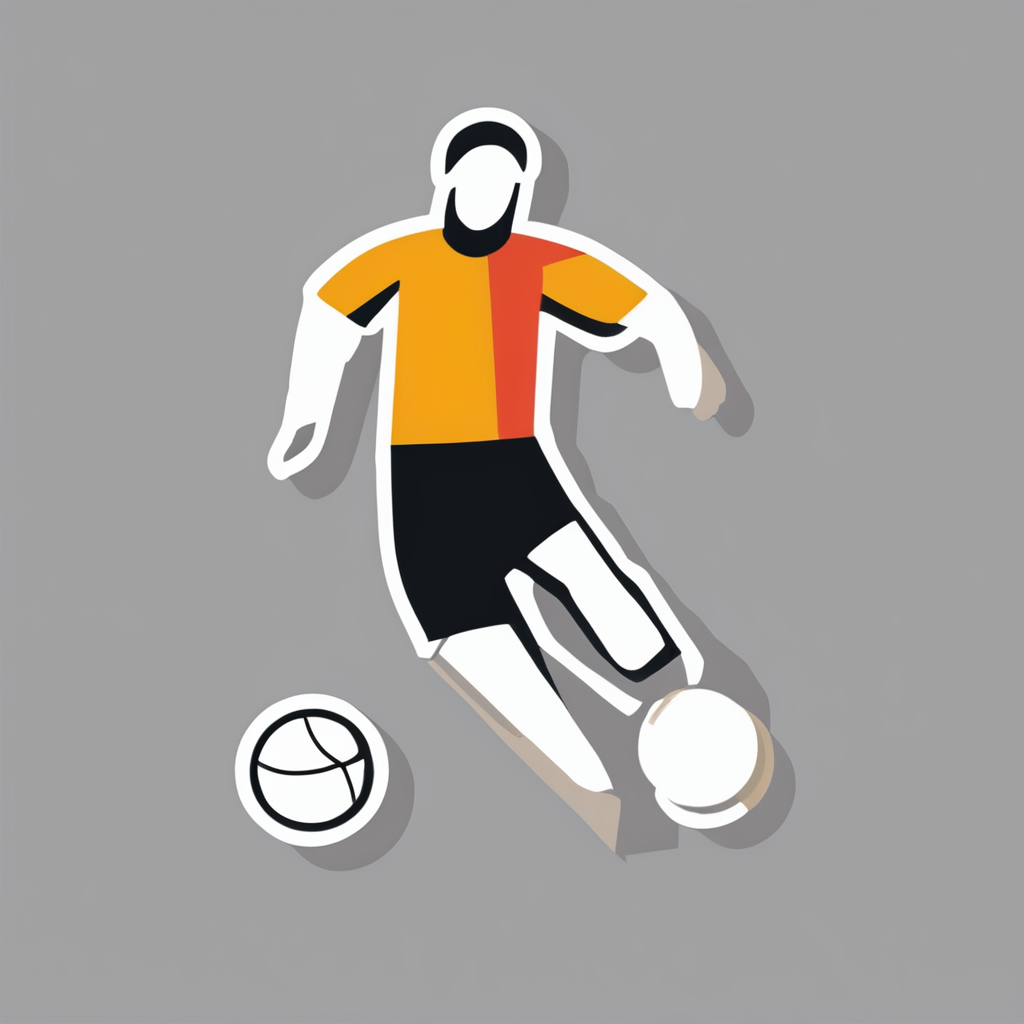Latest Technological Advances in Niche Sports Training
The realm of sports technology has rapidly transformed niche sports training, especially in the UK, by integrating cutting-edge tools for athlete monitoring. Wearable tech, such as smart sensors and biometric trackers, offers precise real-time data on heart rate, movement patterns, and fatigue levels. These devices empower coaches to monitor physiological responses closely, crucial for tailoring bespoke training plans.
Data analytics now plays a pivotal role in developing athletes. By collecting and analyzing granular data streams, trainers can identify strengths, weaknesses, and injury risks more accurately. This analytical approach allows for highly customized athlete development strategies, optimizing both performance and recovery processes.
This might interest you : How Do Alternative Sports in the UK Influence Health and Wellbeing?
Additionally, virtual reality (VR) and simulation-based training have emerged as powerful techniques for skill enhancement. VR environments recreate competition scenarios, enabling athletes to practice decision-making and technique under controlled yet realistic conditions without physical strain or risk of injury. Such immersive training not only sharpens skills but also boosts mental resilience.
These advances mark a significant shift from traditional coaching methods, making training more efficient, personalized, and data-driven for niche sports athletes eager to gain a competitive edge.
Also read : How do alternative sports in the UK foster mental well-being?
Innovative Cross-Training Approaches
Exploring cross-training methods reveals significant benefits for conditioning and functional movement. Athletes increasingly adapt techniques from mainstream sports to suit niche environments, enhancing overall performance. For example, incorporating yoga or Pilates can improve flexibility and balance, essential elements in many athletic disciplines. These alternative fitness disciplines contribute to greater muscular coordination and injury prevention by promoting controlled, deliberate movements.
Functional movement focuses on exercises mimicking everyday or sport-specific activities. This approach enhances joint stability and muscle activation patterns, reducing the risk of injury. Conditioning through dynamic movements improves cardiovascular endurance and muscular strength simultaneously, providing a well-rounded fitness base.
To maximize athleticism, combining varied cross-training methods like swimming, cycling, or resistance training creates a comprehensive routine. This diversity challenges the body in new ways, encouraging adaptation and growth. Implementing functional movement assessments can guide personalized programs that address weaknesses and movement compensations, fostering resilience.
In summary, innovative cross-training that integrates conditioning, functional movement, and alternative disciplines not only elevates performance but also builds long-term athletic sustainability. This strategic approach invites athletes to embrace a holistic mindset, merging strength, flexibility, and coordination with injury prevention at its core.
Psychological and Mental Conditioning Techniques
Effective mental training enhances athletic performance by fostering resilience and focus. Mindfulness routines, a cornerstone of sports psychology, teach athletes to anchor attention in the present moment, reducing anxiety and improving decision-making under pressure. Similarly, visualisation techniques allow athletes to mentally rehearse success, reinforcing confidence and skills before physical execution.
Sport psychologists often use psychological profiling to tailor mental strategies, identifying strengths and vulnerabilities unique to each athlete. This targeted approach supports robust mental resilience during competition. Workshops focusing on stress management and adaptive coping mechanisms further solidify an athlete’s psychological foundation.
Communication between coach and athlete is pivotal. Employing motivational dialogue anchored in empathy encourages sustained effort while maintaining focus on goals. Coaches trained in sports psychology can recognize mental barriers early, applying strategies that recalibrate mindset efficiently.
Together, these psychological and mental conditioning techniques cultivate an athlete mindset that thrives in high-stress situations, ultimately contributing to peak sporting outcomes.
Sport-Specific Case Studies
Exploring tailored training techniques across unique sports
When discussing UK lacrosse training, a prime focus is on merging traditional skill drills with data analytics. Coaches utilize performance metrics to pinpoint areas for improvement, allowing athletes to enhance agility and shooting accuracy efficiently. This analytical approach in UK lacrosse training fosters objective assessment, optimizing practice time and outcomes.
In curling innovation, the emphasis is on precision training combined with strategy modelling. Players refine their delivery technique through repeated, measured practice, while coaches simulate game scenarios to enhance decision-making. Curling innovation here entails adopting technology and statistical insights to elevate competitive play.
Ultimate frisbee methods prioritize team dynamics and adaptability. Training integrates spontaneous game-like situations to promote quick thinking and fluid teamwork, vital for success in this fast-paced sport. Embracing such ultimate frisbee methods results in cohesive units responsive to ever-changing play circumstances.
Korfball UK has advanced by developing integrated mixed-gender training approaches. These focus on balancing physical and tactical skills across players irrespective of gender, fostering inclusivity alongside performance. Such korfball UK methods underline combined social and athletic development.
Together, these case studies show how sport-specific training—whether in UK lacrosse training or curling innovation—relies on tailored, intelligent techniques enhancing both skills and game understanding.
Comparing Modern and Traditional Training Methods
In the landscape of sports preparation, traditional training often emphasizes repetitive drills, hierarchical coaching, and fixed routines developed over decades. The training evolution toward modern methods integrates technology, personalized data analytics, and adaptive training models, aiming to enhance both physical and mental aspects of athlete development.
Modern techniques have demonstrated measurable improvements in performance outcomes. For example, athletes benefit from real-time feedback, optimized recovery protocols, and training plans tailored to their unique biometrics. This personalized approach contrasts with the one-size-fits-all nature of many conventional regimes, fostering greater athlete satisfaction and motivation.
However, the transition to these innovative methods encounters hurdles, especially in niche UK sports where resources and expertise may be limited. Coaches accustomed to traditional philosophies might resist change, and infrastructure to support advanced technologies can be scarce. Despite these challenges, embracing the training evolution offers a pathway to elevated performance for athletes willing to adapt.
Recognizing the differences between conventional and modern practices helps stakeholders navigate the shift thoughtfully, balancing respect for proven traditions with the clear benefits of innovation.
